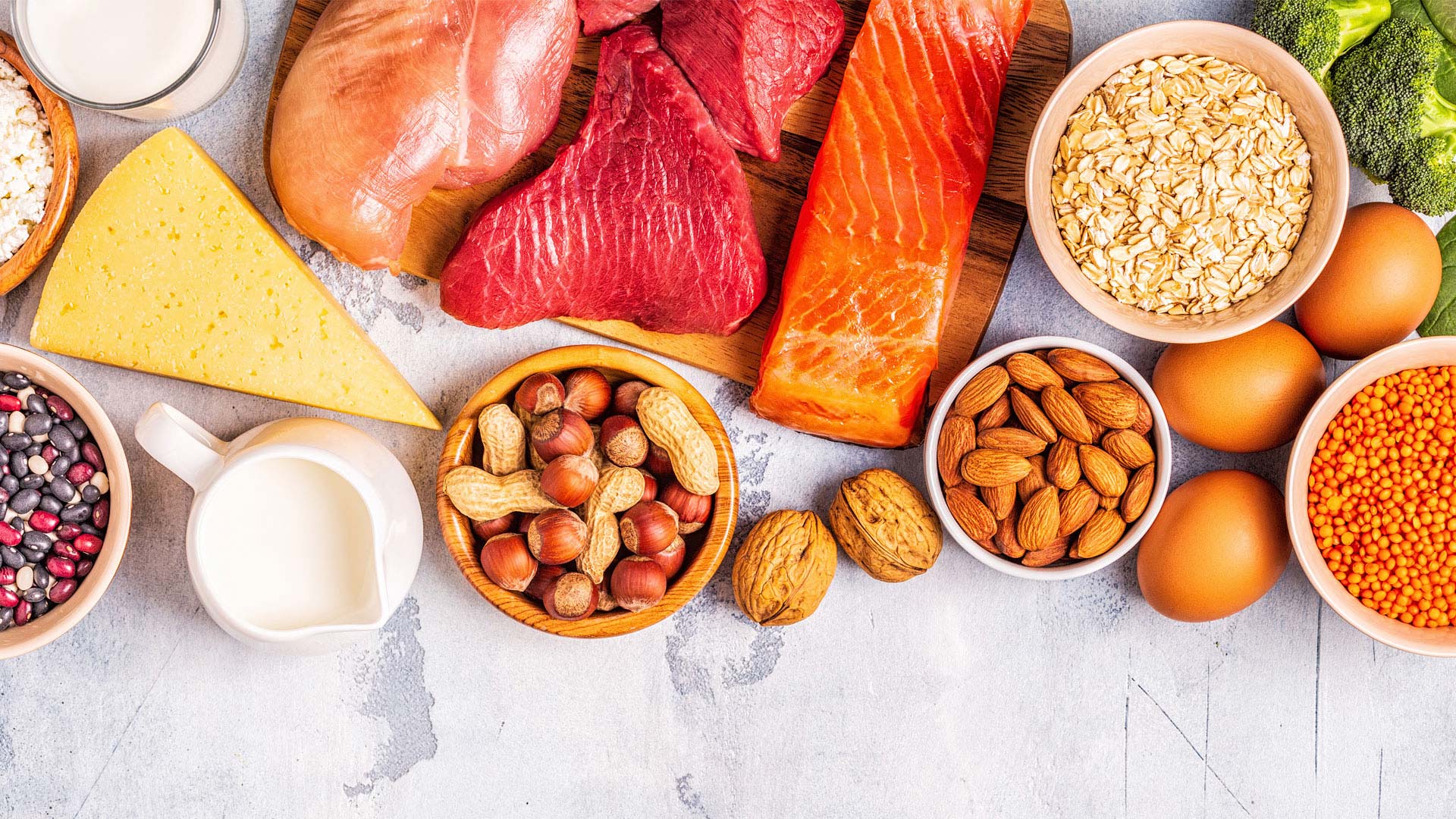Why protein is important in our daily diet
Protein is in every living cell in the body. Our bodies need protein from the Foods we eat to build and maintain bones, muscles and skin. We get protein in our diet from meat, dairy products, nuts and certain grains and beans. Proteins from meat and other animal products are complete protein. This means they supply all of the amino acids the body can’t make on its own. Plant proteins are incomplete. You must combine them to get all of the amino acids your body needs.
It is important to get enough dietary protein. You need to eat protein every day, because your body doesn’t store it the way it stores fats or Carbohydrates. The average person needs 50 to 65 grams of protein each day. This is the amount in four ounces of meat plus a cup of cottage cheese. Learn n this article about protein importance in daily diet.
Function:
Generally, every cell in the human body contains protein. Also, it is a major part of the skin, muscles, organs, and glands. All body fluids, except bile and urine, contain protein.
You need protein in your diet to help your body repair cells and make new ones. Protein is also important for growth and development during childhood, adolescence, and pregnancy.
In the body, protein plays an important role in the biochemical, biophysical and physiological processes. The body requires protein for almost all its functions, including maintaining the structural integrity of cells. Protein maintains the structural integrity of the cell by its presence in the cell membrane. Protein regulates gene – the basic code of life and is present in enzyme – the catalyst used in different chemical activity in the body and hormone – the substances, that control and stimulate organs. In fact, protein is the major components of the disease producing organisms like virus, protective substance like antibodies and treatment medications like antibiotics.
Types:
The two main types of protein are complete protein and incomplete protein. Complete protein come from animal products and contain all necessary amino acids. Incomplete protein are low in certain essential amino acids and come from non-animal products.
Sources:
Firstly, animal sources of complete protein include meat, poultry, fish, eggs, milk and milk products. Secondly, other sources of incomplete protein include vegetables, legumes, tofu, nuts, seeds, grains and fruits.
Digestion Of Protein:
Digestion of protein starts in stomach because of the protein-spitting enzyme. Then, the process is continued to duodenum and small intestine. As a result, they are broken down to amino acids and small peptide chains and absorbed. Digestion of protein is impaired when there is a lack of enzymes or there is anatomical defect in digestive tract. For a better understanding of protein importance in daily diet, read about protein deficiency – causes and effects.
Protein deficiency (causes)
- Low intake or loss of appetite.
- Poor digestion and absorption.
- Reduced synthesis when the amino acids are not converted to albumin.
- Excessive loss in diseases likes nephrites, cirrhosis of liver with ascites (collection of fluid in abdominal cavity), gastroenteropathy and profuse expectoration in bronchiectasis (localised dilatation of bronchus due to infection) or lung abscess.
Protein deficiency (effects)
- Weakness.
- Anemia.
- Protein energy malnutrition – kwashiorkor and marasmus.
- Delayed wound and fracture healing.
- Decreased resistance to infection occurs because antibody formation decreases.
- Sprue syndrome.
